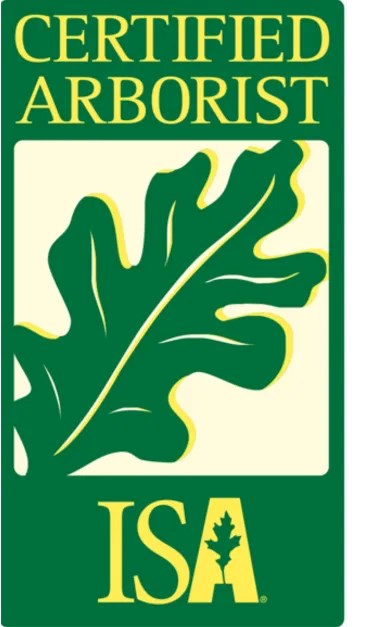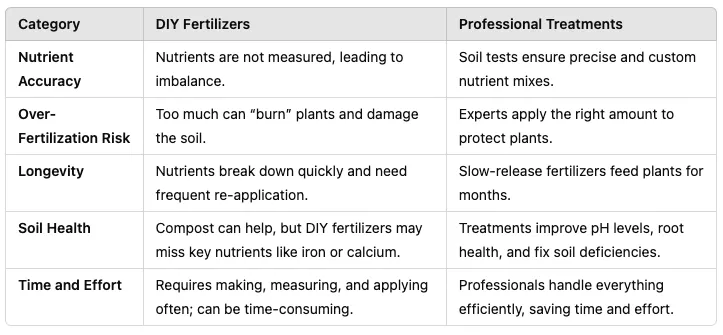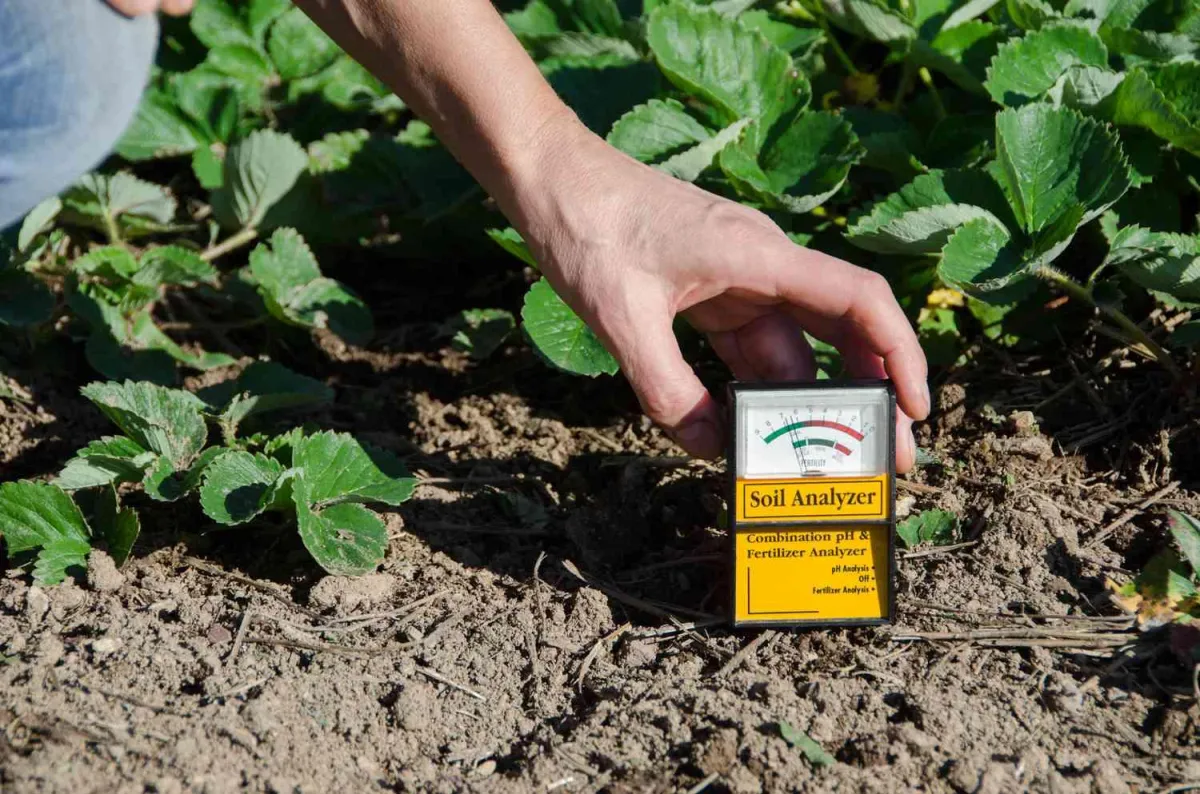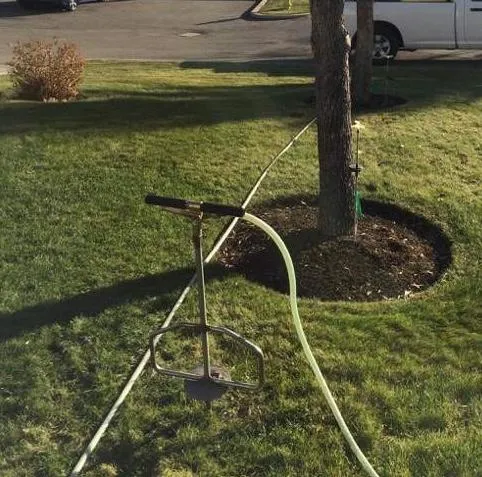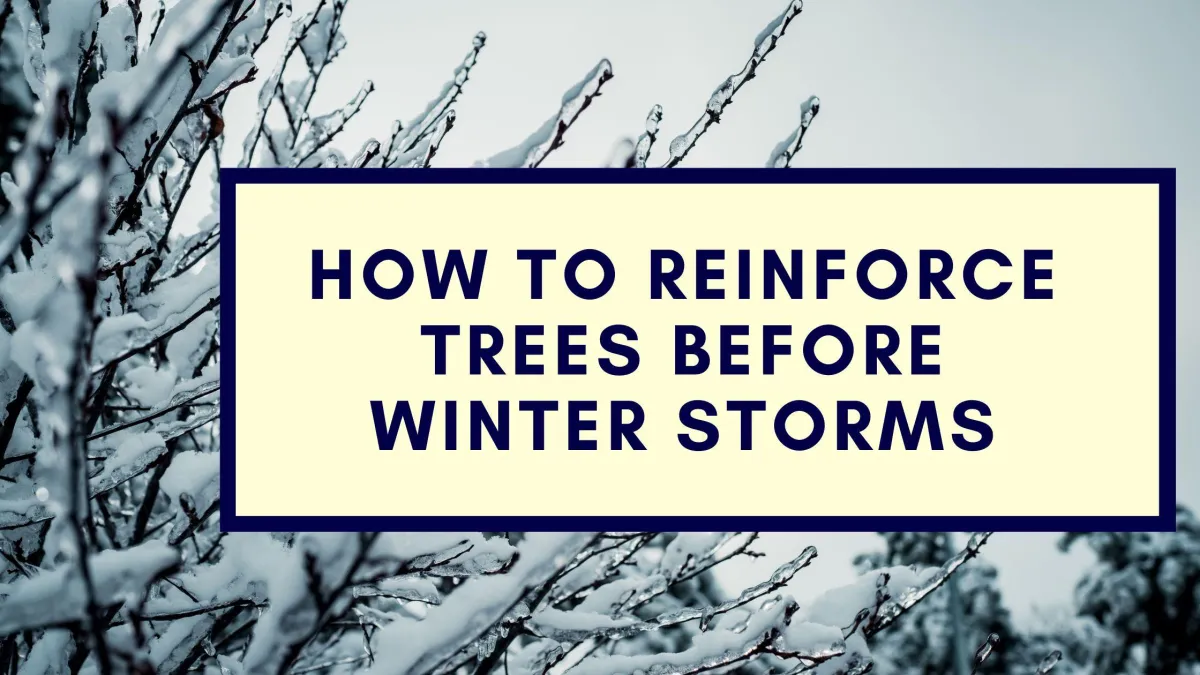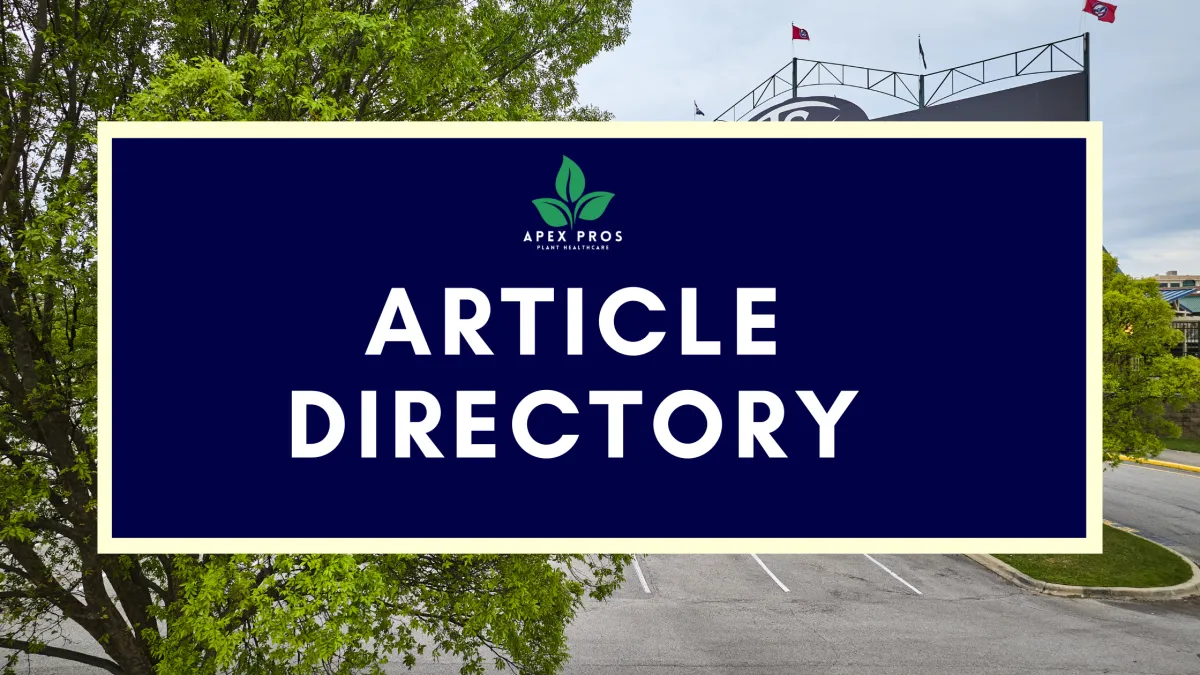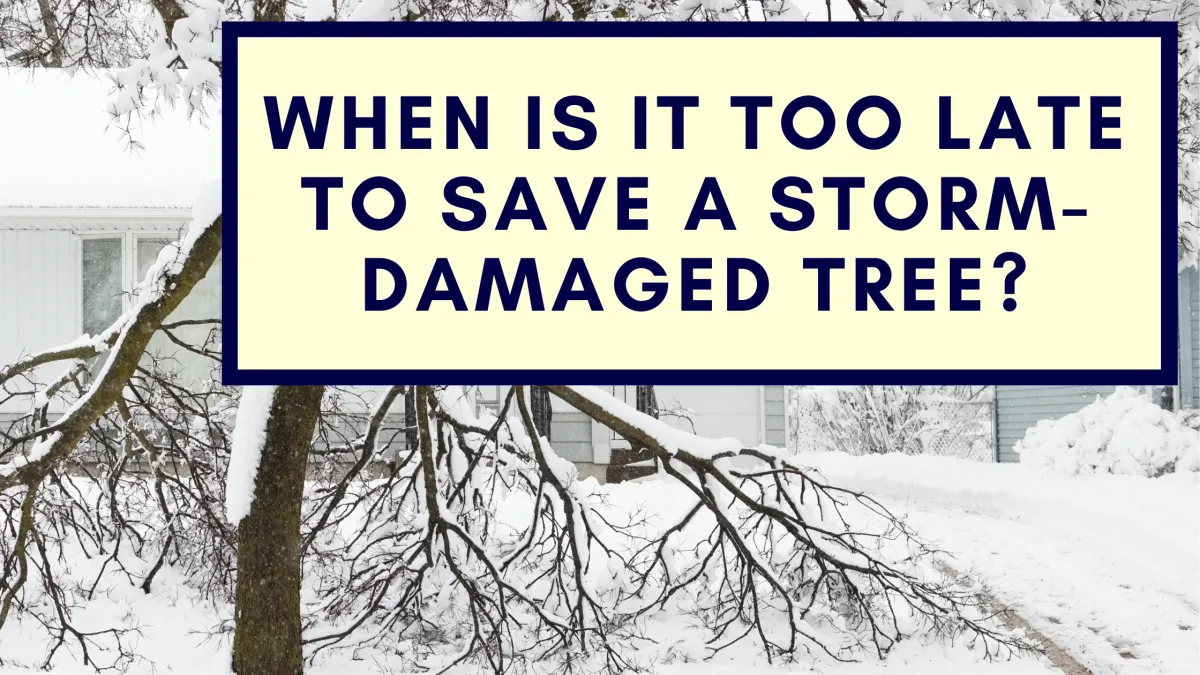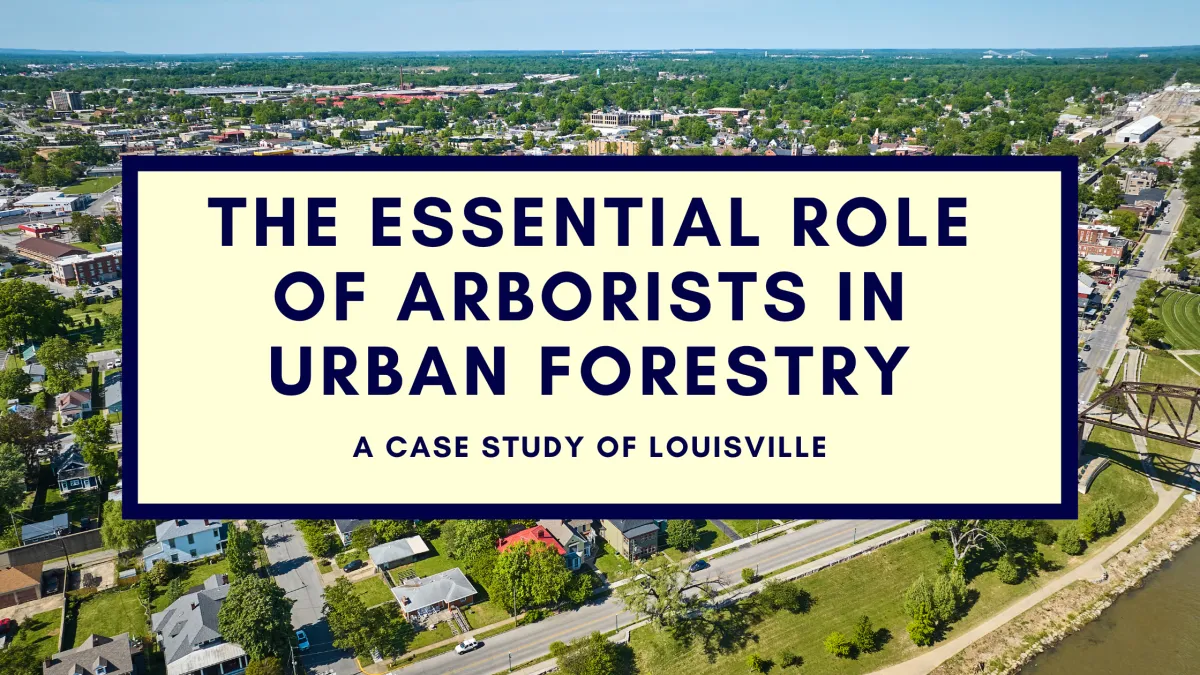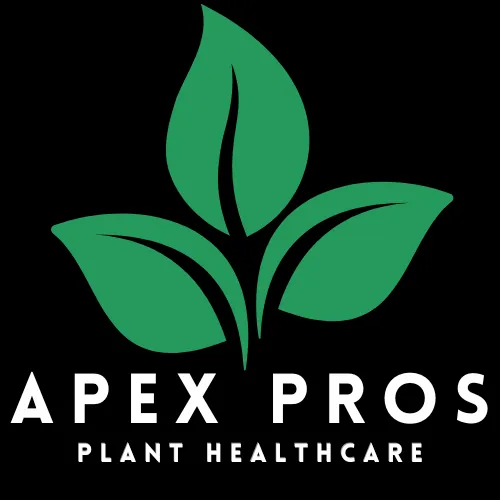
Blog > A Guide for Arborist Service
Comparing Home DIY Fertilizers to Professional Treatments: Are You Saving or Hurting?
Fertilizing your lawn, trees, and plants helps them grow strong and healthy. Many homeowners like using DIY fertilizers because they seem easy and cheap. But are homemade fertilizers really helping your plants, or could they be doing harm? How do they compare to professional treatments? Let’s explore the differences and find out if DIY is a good idea or if professional help is worth it.
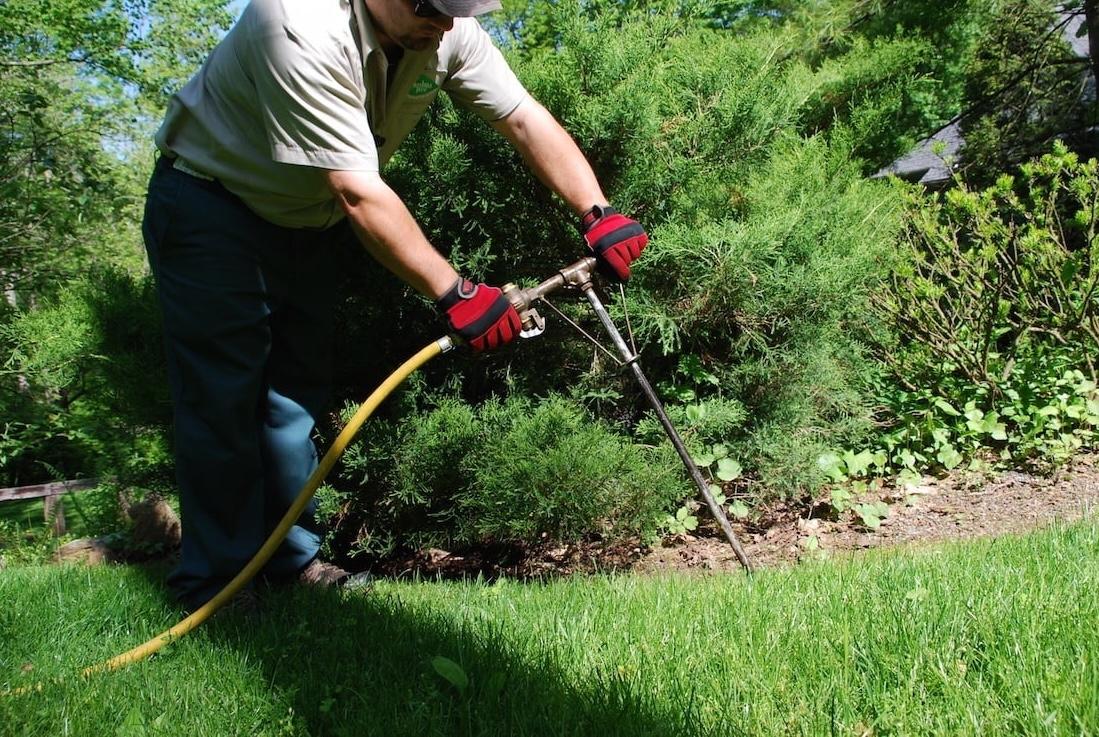
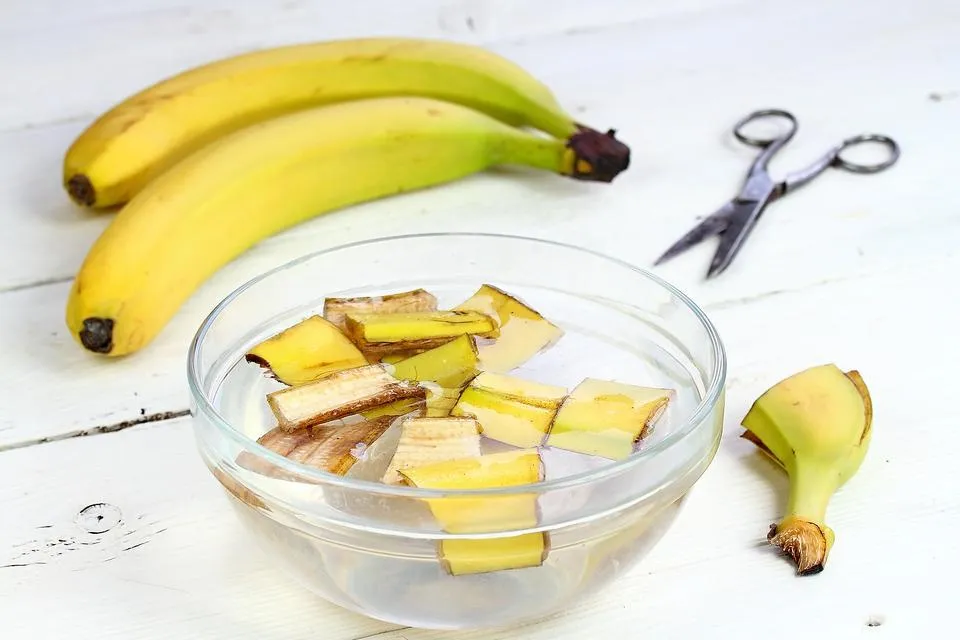
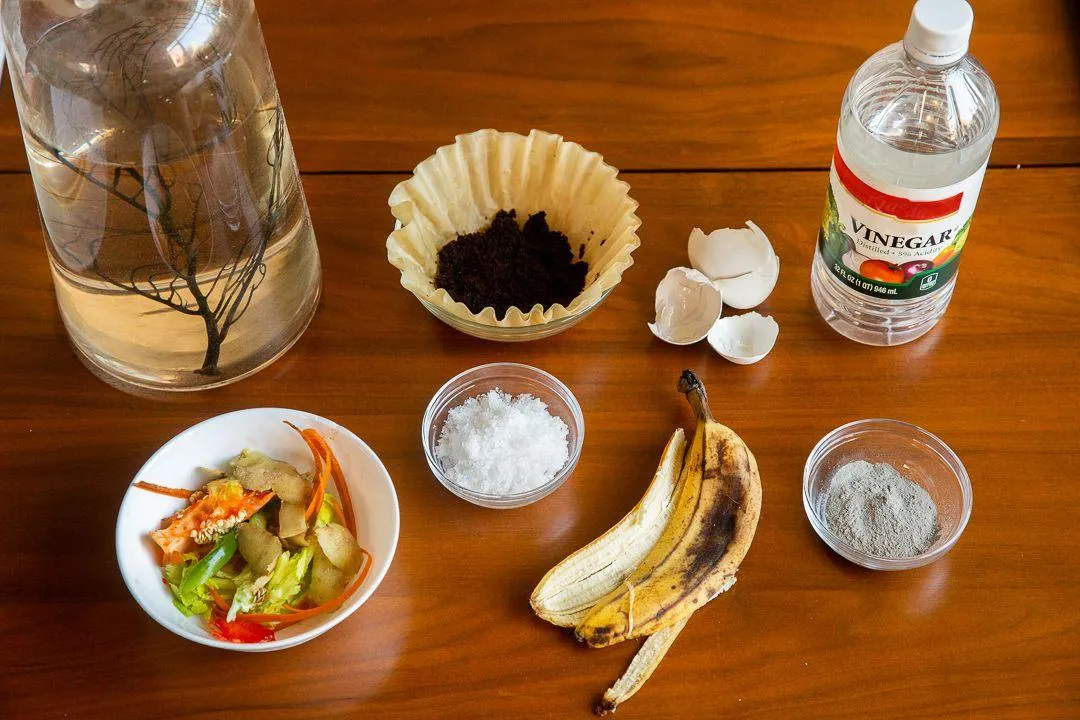
Why People Love DIY Fertilizers
DIY (do-it-yourself) fertilizers are popular because they use things you already have at home. Many people believe these options are natural, safe, and eco-friendly. They also seem more affordable than store-bought products.
Popular DIY Fertilizer Ideas Include:
Banana Peels: Packed with potassium to help flowers bloom.
Coffee Grounds: Adds nitrogen to help leaves grow green and strong.
Eggshells: Provides calcium, which plants need to grow strong stems.
Epsom Salt: Gives magnesium, which plants use to make food from sunlight.
Compost Tea: A nutrient-rich liquid made by soaking compost in water.
These homemade fertilizers sound great, but they might not actually work as well as you think...
Why People Love DIY Fertilizers
DIY (do-it-yourself) fertilizers are popular because they use things you already have at home. Many people believe these options are natural, safe, and eco-friendly. They also seem more affordable than store-bought products.
Popular DIY Fertilizer Ideas Include:
Banana Peels: Packed with potassium to help flowers bloom.
Coffee Grounds: Adds nitrogen to help leaves grow green and strong.
Eggshells: Provides calcium, which plants need to grow strong stems.
Epsom Salt: Gives magnesium, which plants use to make food from sunlight.
Compost Tea: A nutrient-rich liquid made by soaking compost in water.
These homemade fertilizers sound great, but they might not actually work as well as you think...


How Professional Fertilizers Work
What Makes Professional Treatments Better?
Professional fertilizers are made using science and research. Professional arborists, use specialized tools and tests to know exactly what your plants need, and how to administer the treatments. Some examples:
Custom Mixes: Made to match your particular soil's needs (which may differ from even your next-door neighbor's)
Slow-Release Fertilizers: These feed your plants over time, so you don’t need to fertilize as often.
Extra Protection: Some treatments also help prevent pests and diseases.
Safe Application: Professionals know how much to use, so plants don’t get “burned.”
Soil Testing: A test shows exactly what your soil is missing.
We understand Louisville's clay soil and weather, which helps us choose the best customized fertilizer options for your lawn and trees.
DIY vs. Professional Fertilization Comparison
The Risks of DIY Fertilizers
While DIY fertilizers are easy and cheap, they can cause problems if you’re not careful:
Too Much of One Thing: Coffee grounds, eggshells, or banana peels may not give plants everything they need.
Harming the Soil: Using too much Epsom salt or coffee grounds can make the soil too acidic.
No Micronutrients: Homemade fertilizers often miss important things like iron, calcium, or magnesium.
Messy Applications: DIY fertilizers can attract pests or grow mold if not used correctly.
Why Professional Fertilizers Are Worth It
Trees, lawns, and plants in Louisville face challenges like clay soil, pests, and unpredictable weather. Professional fertilizers are made to fix these problems.
What Professional Fertilization Offers:
Soil Testing: Finds out exactly what your plants need first, no guessing.
Deep Root Feeding: Fertilizer is added to the roots where plants absorb it best.
Better Growth: Plants grow bigger, healthier, and stronger.
Pest and Disease Protection: Treatments help stop bugs and diseases from spreading.
Soil Minerals
Soil contains tiny bits of minerals, like calcium, magnesium, and iron. These minerals act like vitamins for trees:
Calcium: Builds strong tree cells, like bones for humans.
Magnesium: Helps trees make chlorophyll, which is what turns sunlight into energy.
Iron: Keeps leaves green and helps trees stay healthy.
If the soil doesn’t have enough of these minerals, trees can become weak or their leaves might turn yellow. In Louisville, natural limestone in the soil adds calcium but can make it harder for trees to get iron.
Choosing the Right Fertilizer for Your Plants
Deciding between DIY fertilizers and professional treatments can feel tricky. Both options have benefits, but the best choice depends on your goals, time, and what your plants really need.
When DIY Fertilizers Make Sense:
You’re growing small houseplants, herbs, or flowers in a garden.
You enjoy experimenting with natural compost and organic mixes.
Your plants are healthy, and you want to give them a small nutrient boost.
If you choose DIY fertilizers, use them carefully. Stick to simple ingredients like banana peels, eggshells, or compost. Always test your soil to avoid harming your plants or soil health.
When Professional Fertilizers Are Worth It:
You need precise and tailored options for your yard’s needs.
You want to save time and have results that last longer.
You have common problems like yellow leaves, patchy lawns, and tree stress.
You want to avoid the risks of over-fertilizing, nutrient imbalance, or soil damage.
For Louisville homeowners, professional treatments are the safest way to protect your investment. We know the region’s unique challenges, like clay soil, pests, and unpredictable weather. Whether it’s your lawn, trees, or garden, our fertilization services will keep your landscape thriving for years.
FAQs
1. How do I know if my plants need more than DIY fertilizer?
If your plants have yellow leaves, stunted growth, or thinning canopies, DIY fertilizers might not be enough. These signs often mean your plants need professional treatments with precise nutrients.
2. Are DIY fertilizers safe for vegetable gardens?
Usually, but be careful! Too much DIY fertilizer (like coffee grounds) can harm vegetables. It’s best to compost properly or mix DIY ingredients into the soil slowly.
3. Will professional fertilizers harm my pets or kids?
No. Professional arborists use safe, carefully applied treatments. If you have pets or children, let your arborist know, and they can use pet-friendly options.
4. Can professional treatments fix unhealthy soil?
Absolutely! We test your soil and use treatments that balance pH levels, add nutrients, and improve root health. This helps both new and existing plants grow strong.
5. How often should I hire a professional to fertilize my yard?
For most trees and lawns, professional treatments 1–2 times a year are enough. We can recommend a schedule based on your soil’s needs.
Contact Us
Service Hours
Social Media
Looking for landscaping, lawn care, or other home services?

Contact Us
+1 502-483-0511
Prospect, Louisville, KY 40222
Service Hours
Mon- Fri: 9am - 5pm
Sat & Sun: Appt Only
Social Media
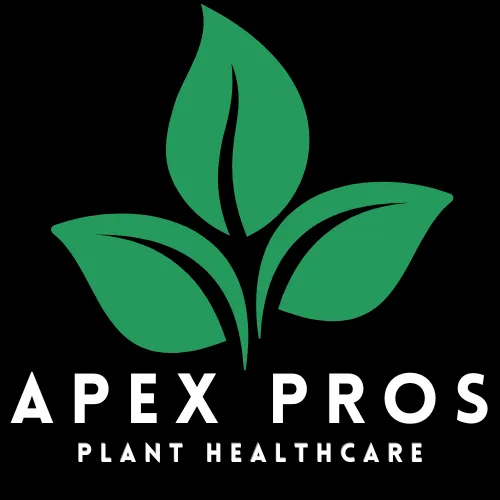
2026 | Apex Pros | Rights Reserved
